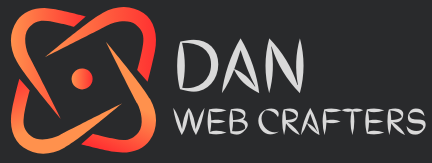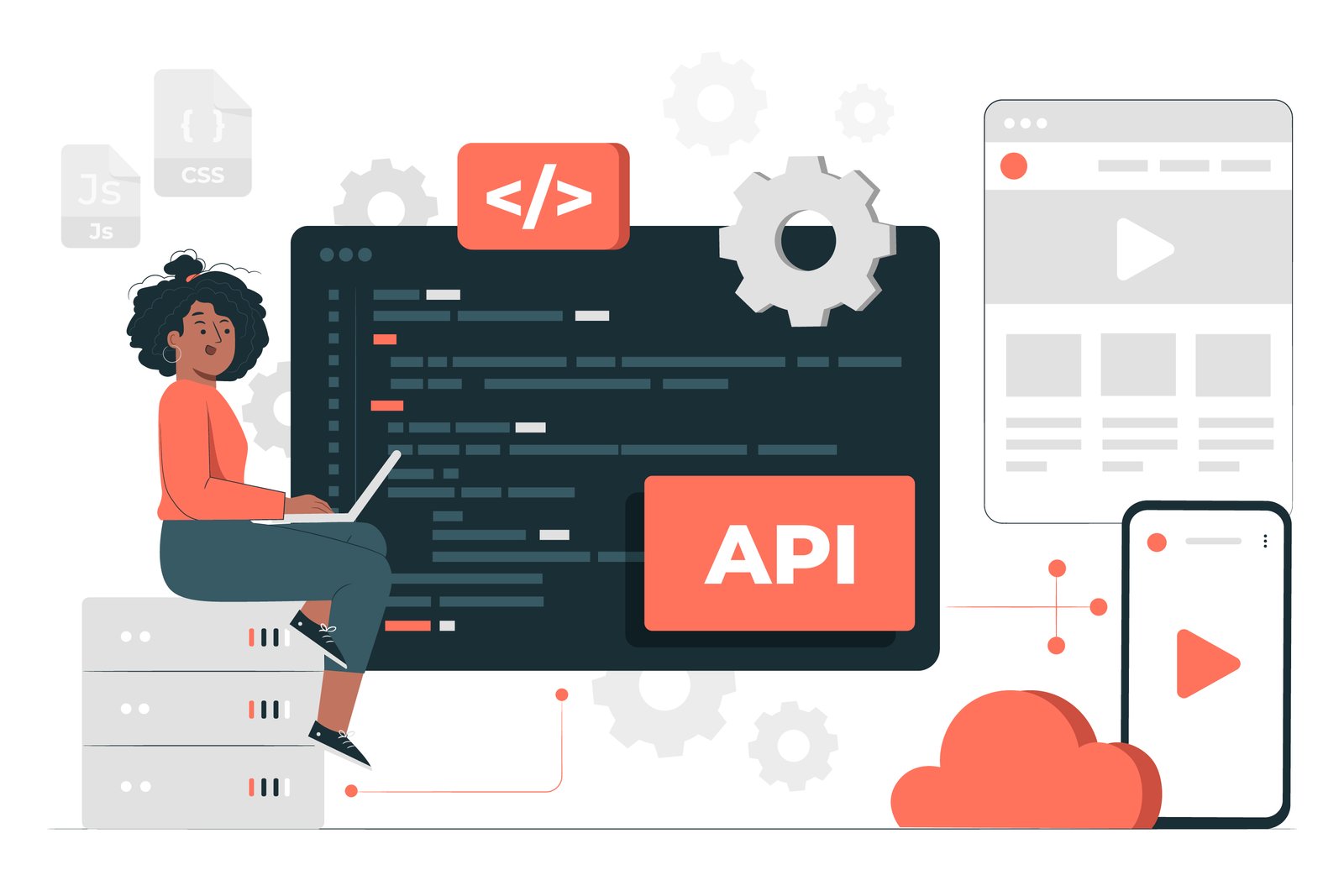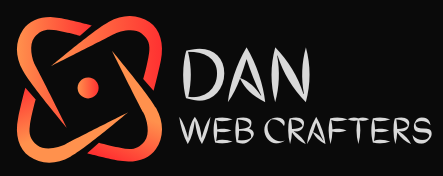What is JAMstack?
JAMstack is a modern web development architecture based on JavaScript, APIs, and Markup. It allows developers to create fast, secure, and scalable websites by separating the frontend from the backend, unlike traditional server-side approaches.

Why JAMstack is Gaining Popularity
In recent years, JAMstack has gained significant traction among developers. Its ability to deliver lightning-fast load times, enhanced security by reducing server-side vulnerabilities, and seamless scalability are some of the reasons it’s becoming the go-to architecture for modern web projects.
Core Components of JAMstack
-
1. JavaScript: All the frontend logic is handled by JavaScript, running entirely on the client-side.
-
2. APIs: Reusable APIs allow interaction with the backend without the need for traditional server setups.
-
3. Markup: Webpages are pre-built during deployment, using static site generators like Gatsby, Next.js, or Hugo.
Advantages of JAMstack
Advantage
Description
Performance
Pre-built static content ensures faster load times and better user experience.
Security
With no direct connection to the database or server, the attack surface is significantly reduced.
How to Get Started with JAMstack
-
1. Choose a Static Site Generator: Pick a framework like Gatsby, Next.js, or Hugo to generate your static content.
-
2. Use Headless CMS: For dynamic content management, connect your JAMstack site to a headless CMS like Contentful, Sanity, or Strapi.
-
3. Deploy with CDN: Deploy your site using platforms like Netlify or Vercel, which automatically optimize performance through CDNs.
Conclusion
JAMstack is paving the way for the future of web development. Its ability to deliver faster, more secure, and scalable websites makes it an excellent choice for modern projects. As the demand for efficient and high-performance web applications grows, adopting JAMstack will provide developers with a powerful toolset for success.








